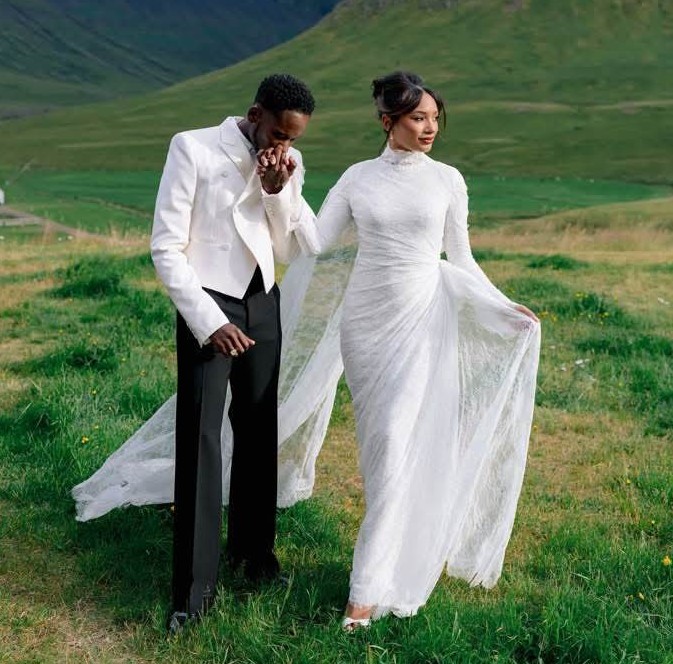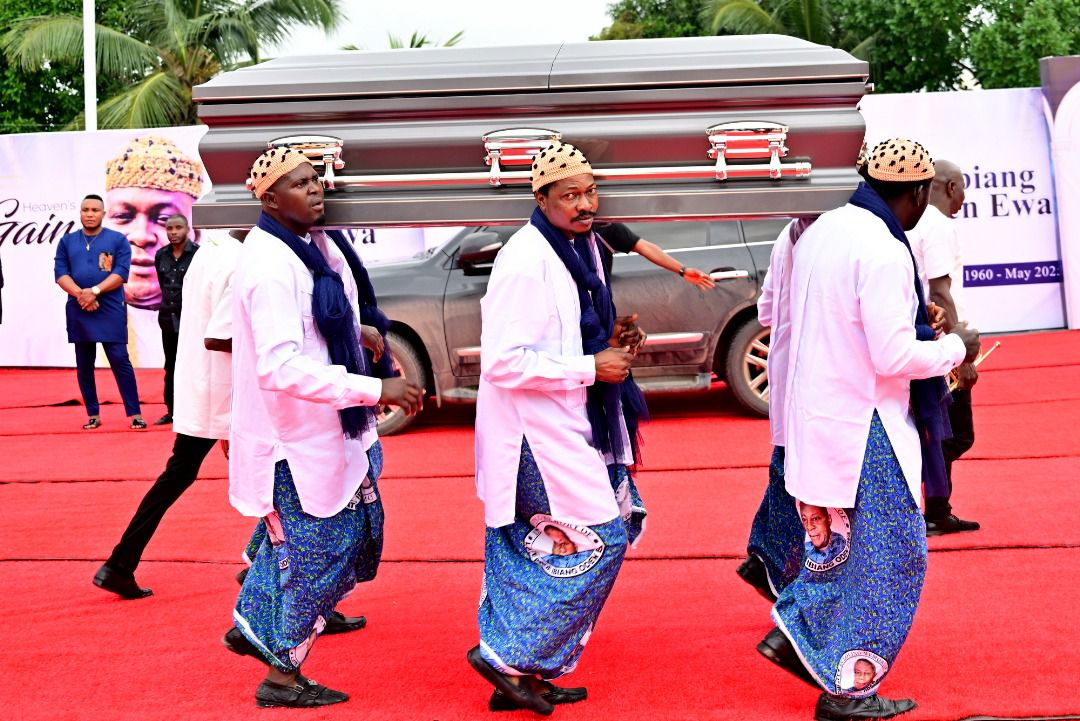By: Eugene Upah
Nigerian billionaire and philanthropist Femi Otedola recently became a trending topic on social media following his daughter’s wedding. As his daughter, Tolani Otedola, married her husband, Otedola reportedly advised her to “submit to the whims and caprices of your husband” as she officially changed her surname. This advice has ignited a significant debate online, with many people weighing in on the issue of a married woman’s obligation to take her husband’s name.
The conversation has highlighted a clash between traditional views and modern perspectives on marriage and female identity. Proponents of traditional values argue that changing a woman’s surname is a symbolic and fundamental aspect of marriage, signifying the union of two families. They contend that a woman who is legally married is under a moral, if not a legal, obligation to bear her husband’s name. This perspective often suggests that a refusal to do so without the husband’s consent could indicate a lack of commitment to the marriage.
On the other hand, many people, particularly younger generations and feminists, argue that a woman’s right to her maiden name is a personal choice and a matter of individual identity. They believe that a woman should not be compelled to change her name to signify her commitment. The growing trend of women hyphenating their surnames or keeping their maiden names is often seen as a way for them to maintain their professional identity and personal brand, especially in careers where their maiden name is well-established.
Some commentators have pointed out that while no public institution can legally force a woman to change her name, the social and cultural pressure to do so is immense. The debate also touches on the concept of “bargaining power” within a marriage, suggesting that a woman’s ability to maintain her maiden name can depend on her husband’s consent and her leverage in the relationship. This has led to discussions about how power dynamics in a marriage can influence such seemingly simple decisions.
The incident has shown that what some consider a simple tradition is, for others, a complex issue tied to personal autonomy, gender equality, and the evolving nature of marriage in the 21st century.





